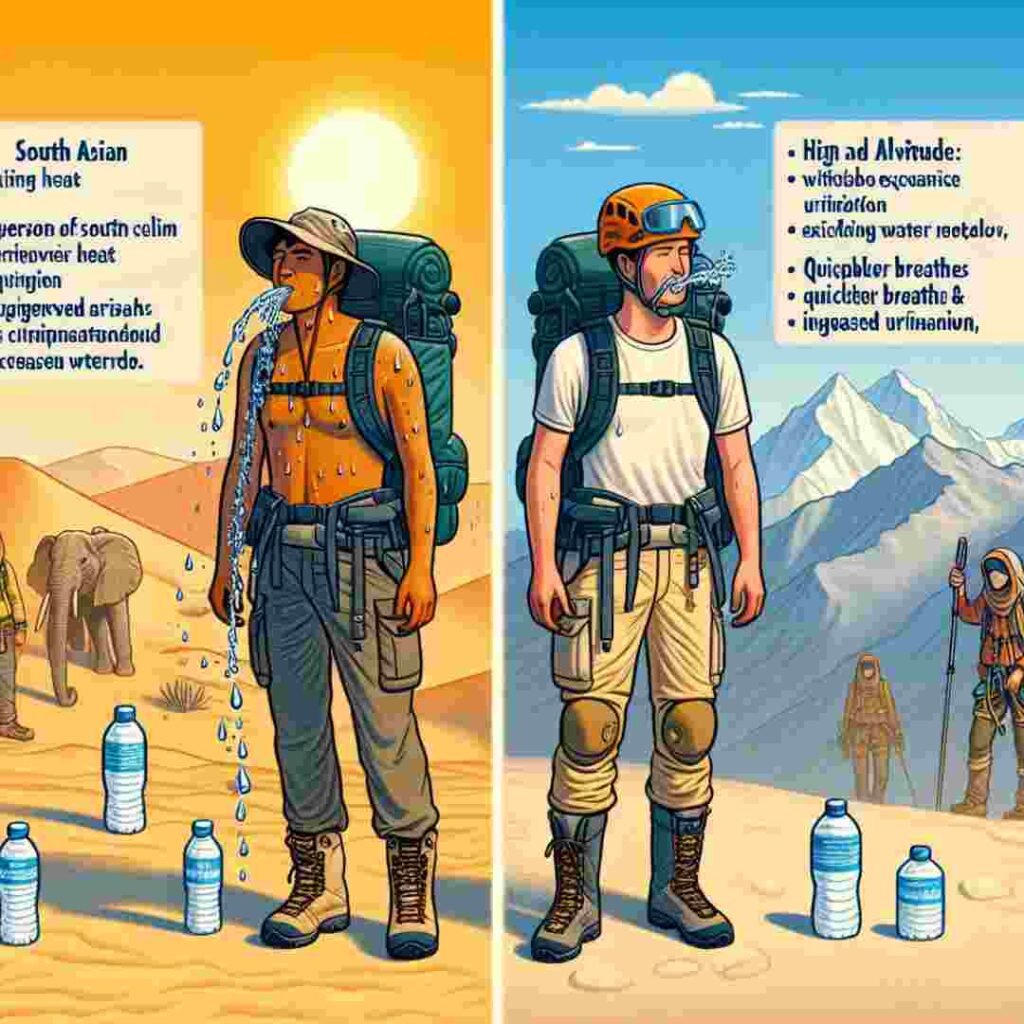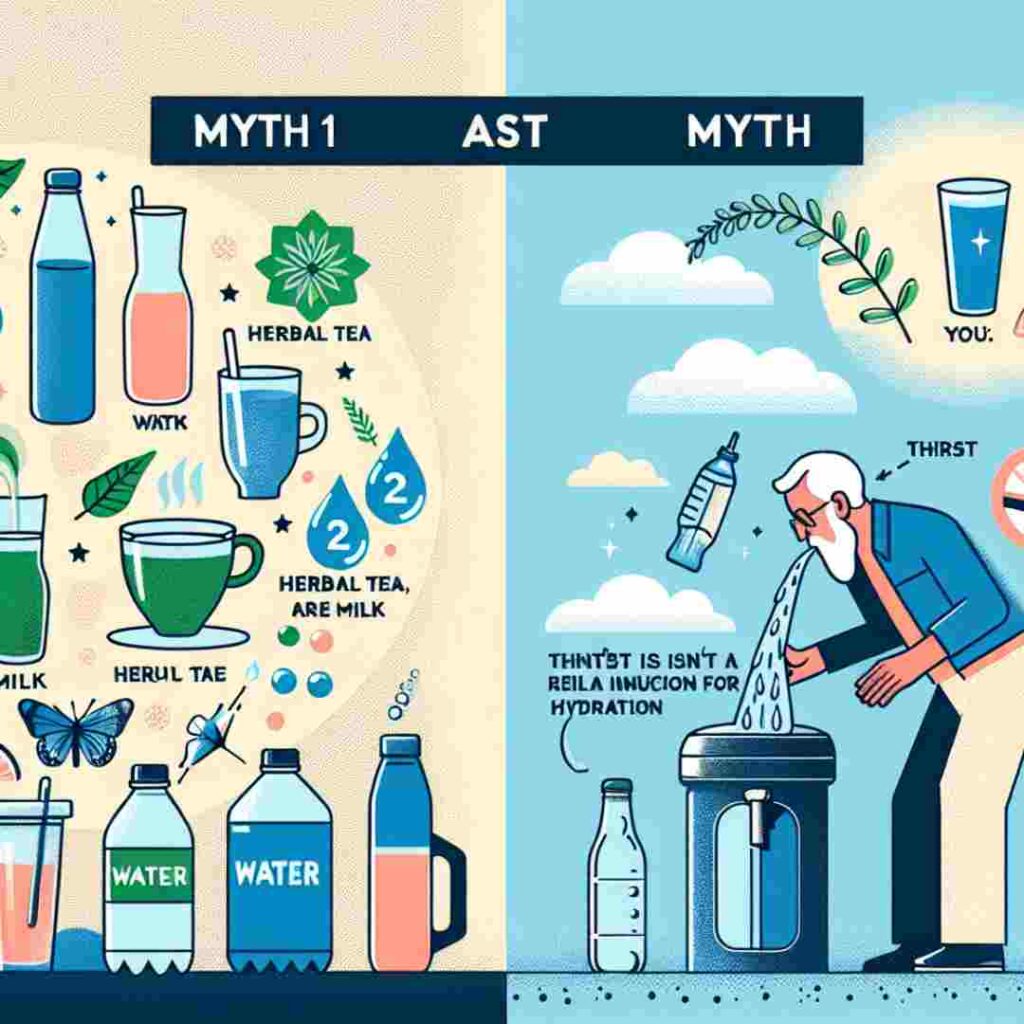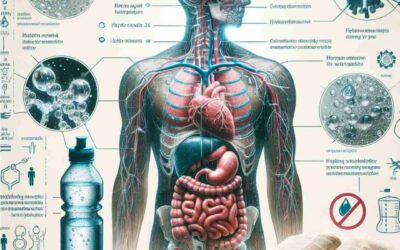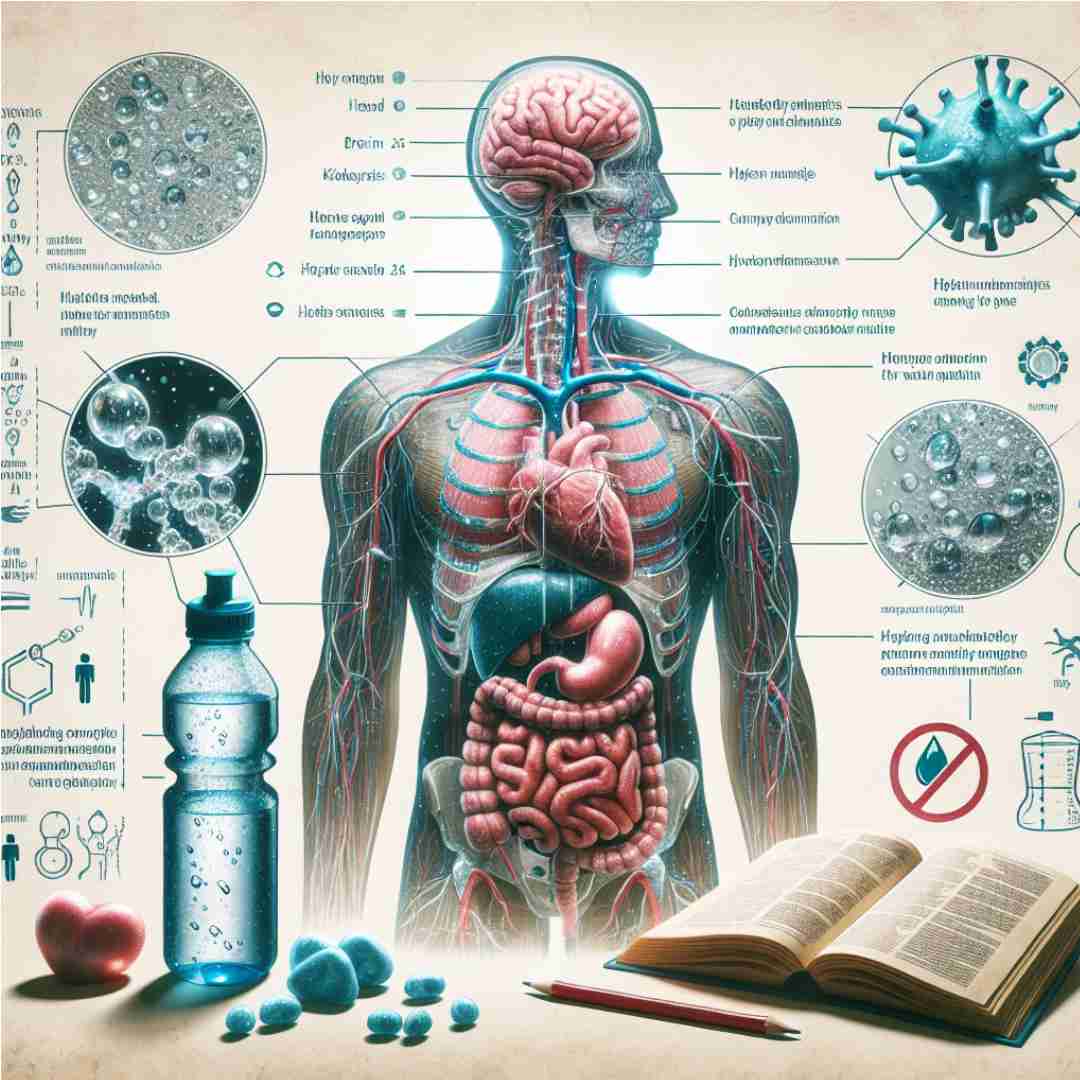Water is essential for life, yet many struggle to stay adequately hydrated. Whether you’re a fitness enthusiast, a wellness seeker, or someone who wants to improve your overall health, understanding how much water you should drink daily is crucial. In this blog post, we’ll explore the science behind hydration, debunk common myths, and offer practical tips to help you maintain optimal water intake.
Why Hydration Matters More Than You Think
Water accounts for about 60% of body weight and is critical for various bodily functions. It helps regulate temperature, lubricate joints, transport nutrients, and aid digestion. Dehydration can lead to fatigue, dizziness, confusion, and more severe health issues. For fitness fans and wellness seekers, staying hydrated is vital for maximizing performance and recovery.
The Standard Guidelines Demystified
You’ve likely heard the “eight 8-ounce glasses a day” rule, but is it sufficient? While this guideline offers a general baseline, individual water needs vary significantly based on age, gender, activity level, and climate. The Institute of Medicine suggests that men aim for about 3.7 liters (125 ounces) and women aim for 2.7 liters (91 ounces) of total fluid intake per day, including all beverages and food.
Factors Influencing Your Water Needs
Activity Level and Exercise
You’ll need more water to replace fluids lost through sweat if you’re active. Hydrating before, during, and after exercise is crucial. We recommend drinking 17 to 20 ounces of water two hours before exercise, followed by 7 to 10 ounces every 10 to 20 minutes during activity.
Climate and Environment

Living in a hot or humid climate increases your water needs as you lose more fluids through sweat. Altitude also plays a role; higher elevations can increase urination and faster breathing, contributing to fluid loss.
Dietary Considerations
Your diet can affect your hydration status. Consuming diuretics like caffeine and alcohol may increase water loss while eating water-rich foods like fruits and vegetables can contribute to your overall fluid intake. Adjust your water consumption accordingly based on your dietary choices.
The Role of Electrolytes
Electrolytes, such as sodium, potassium, and magnesium, are essential for maintaining fluid balance. When you sweat, you lose electrolytes along with water. Replenishing both is vital to prevent dehydration and maintain optimal performance, especially during intense exercise. Consider incorporating electrolyte-rich drinks or supplements into your routine if you engage in prolonged physical activities.
Signs of Dehydration
Recognizing the signs of dehydration can help you stay ahead of potential problems. Common symptoms include dry mouth, fatigue, dizziness, dark urine, and reduced urine output. More severe dehydration can lead to rapid heartbeat, confusion, and fainting. Keeping an eye on your body’s cues will help you adjust your fluid intake as needed.
Debunking Common Hydration Myths
Myth 1: All Fluids Are Equal

While water is the best choice for hydration, other beverages like herbal teas and milk can contribute to your daily fluid intake. However, sugary and caffeinated drinks should be consumed in moderation, as they may have dehydrating effects.
Myth 2: Thirst Is a Reliable Indicator
Relying solely on thirst as a cue to drink water may not be sufficient for everyone, especially older adults. Developing a consistent hydration routine is essential to ensure you’re meeting your body’s needs.
Myth 3: Overhydration Isn’t a Concern
While it’s rare, drinking excessive amounts of water in a short period can lead to a dangerous condition called hyponatremia, where sodium levels in the blood become too diluted. Listen to your body and avoid forcing excessive water intake.
Practical Tips for Staying Hydrated
Start Your Day with Water
Begin each day by drinking a glass of water to kickstart your metabolism and replenish fluids lost overnight. This simple habit sets the tone for a well-hydrated day.
Carry a Reusable Bottle
Invest in a quality reusable water bottle and keep it with you throughout the day. Having water readily available encourages frequent sipping and helps you track your intake.
Set Hydration Goals
Establish realistic daily water goals based on your individual needs. Use apps or reminders to stay on track and celebrate small victories as you make hydration a consistent part of your routine.
Water-Rich Foods to Boost Hydration
Incorporating water-rich foods into your diet can enhance your hydration efforts. Fruits like watermelon, strawberries, oranges, and vegetables such as cucumbers and lettuce provide both nutrients and fluids.
Listen to Your Body’s Needs
Ultimately, your body is the best indicator of your hydration needs. Pay attention to your feelings, and adjust your water intake to physical activity, weather, and overall health.
Conclusion
Understanding how much water you need daily is vital to maintaining good health and supporting your wellness goals. You can meet your body’s unique needs by considering individual factors, debunking common myths, and implementing practical hydration strategies. Remember, hydration isn’t just about quenching your thirst—it’s about empowering your body to function at its best.
Consider consulting a healthcare professional or nutritionist for more personalized guidance on hydration and wellness. They can help tailor recommendations to your specific lifestyle and health objectives. Stay hydrated, stay healthy, and enjoy the benefits of optimal hydration every day!



















